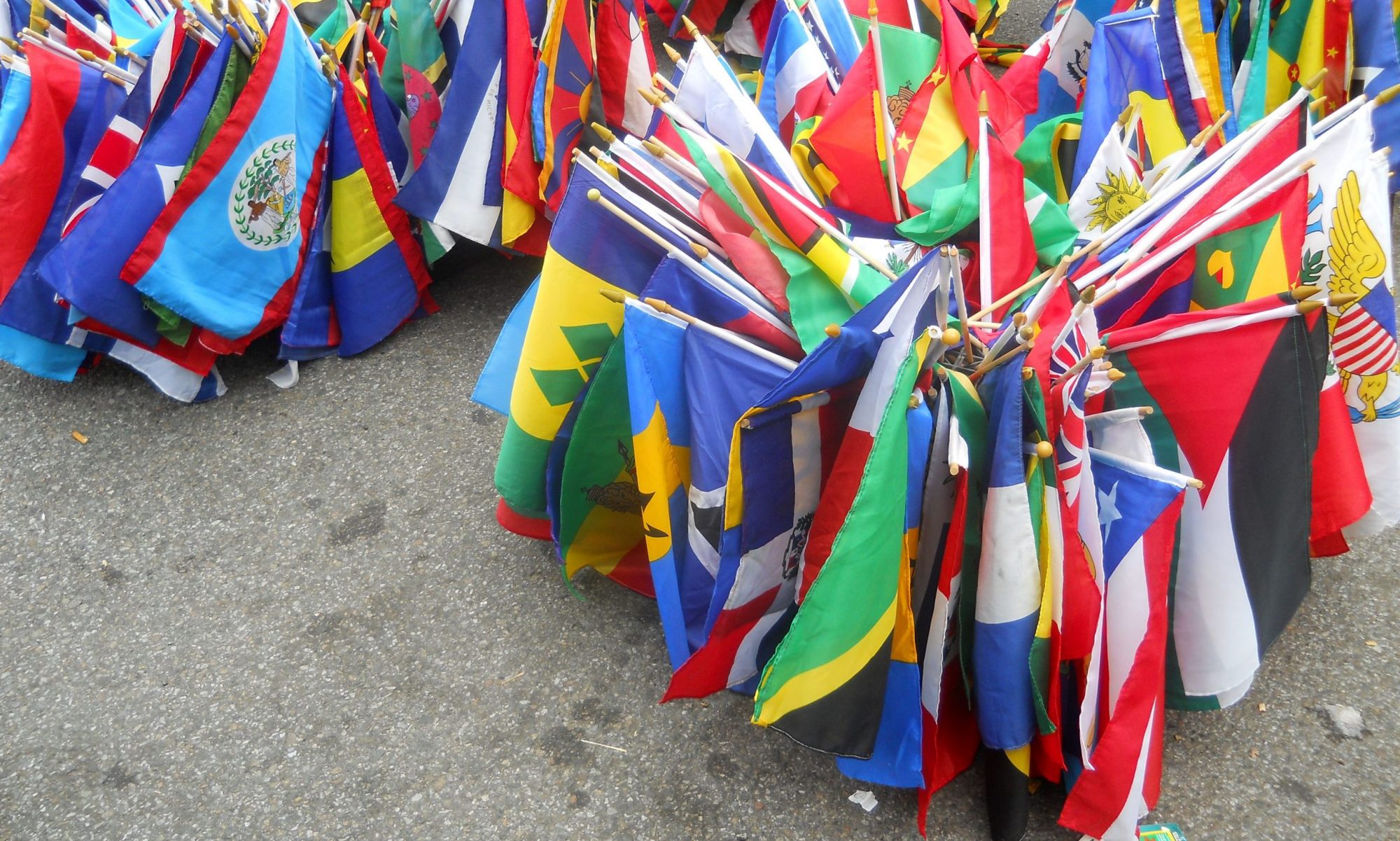The article “The Sacred Music and Dance of Haitian Vodou from Temple to Stage and the Ethics of Representation” by Lois Wilcken explores the practice of Haitian Vodou in Port au Prince and New York City as well as the representation of Vodou and how it has been misrepresented by those in power. In doing so, Wilcken makes the argument for an ethical representation of Vodou. The author explains how much of Vodou centers around dance and was brought to Haiti from West Africa as slaves were captured and brought to the Caribbean. The drumming and dancing included in Vodou ceremonies are used to ask for help from the spirits, and an animal, such as a chicken, is often sacrificed after the ceremony.
The article then shifts to discussing how Vodou has been perceived by others, specifically white Europeans. Upon first encountering Africans practicing Vodou, Moreau de Saint-Mery looks down upon the drumming and dancing involved due to his racist attitudes towards Africans. Furthermore, Europeans used Vodou rituals against African slaves during the revolutionary years in order to show them in a negative light and paint them as “primitive”. Even after the revolution, the new ruling elites continued to discount the role of slaves and their spirituality in the revolution, as well as denying Vodou as part of the Haitian identity in favor of Christianity in order to be more accepted by the Christian nations of Western world. However, racist representations of Vodou from abroad inspired Haitian leaders to defend the practice due to the fact that it showed Haiti as a whole in such a negative light. More devastatingly, the negative representations of Vodou by the media helped the United States justify their invasion and occupation of Haiti. Later, as part of a black nativist movement known as negritude, the practice of Vodou was rebranded as folklore and aspects as dancing were emphasized in order to be more accepted by foreign nations. However, the Haitian community, which continues to practice Vodou at home and abroad in places such as New York City, strive to keep the original traditions of Vodou alive.
-Cassia Rizzo
